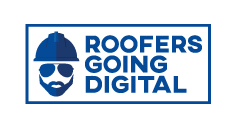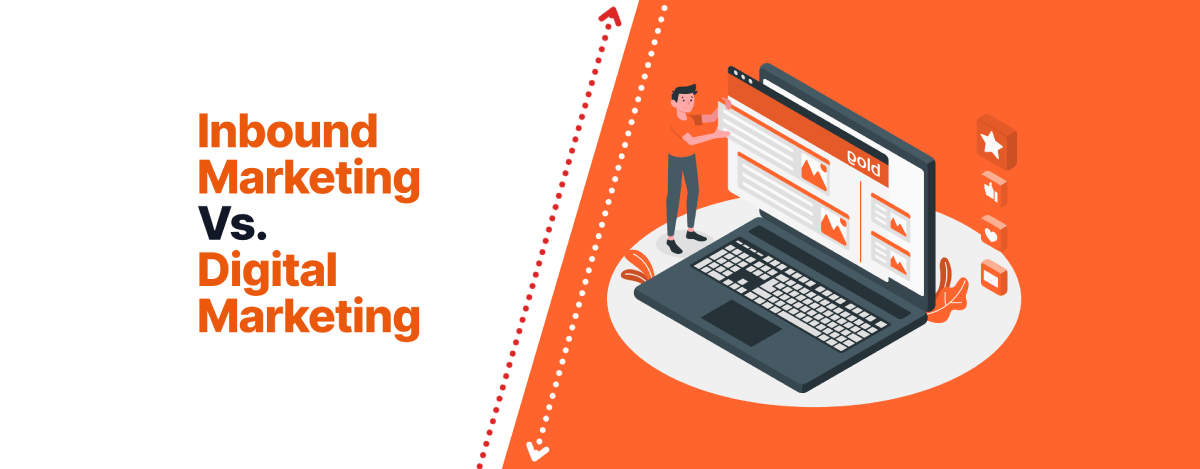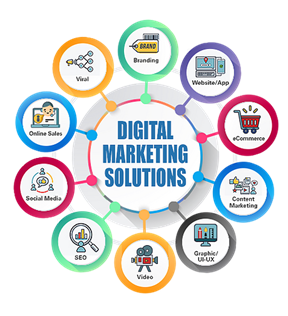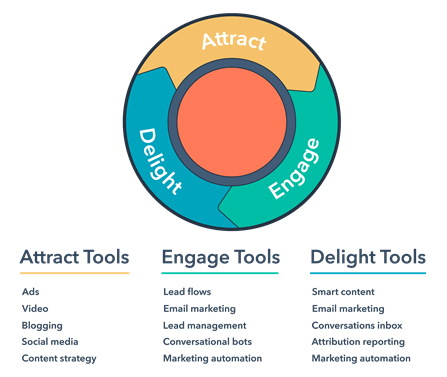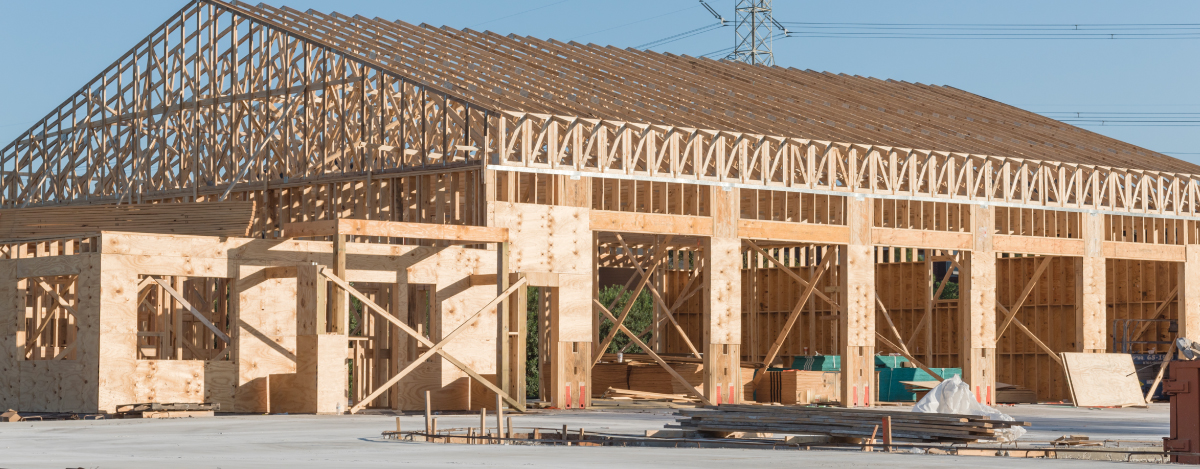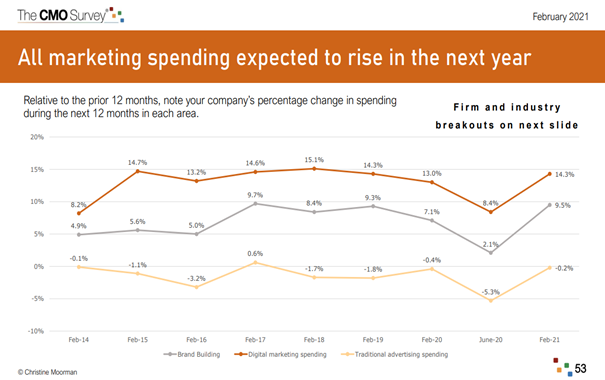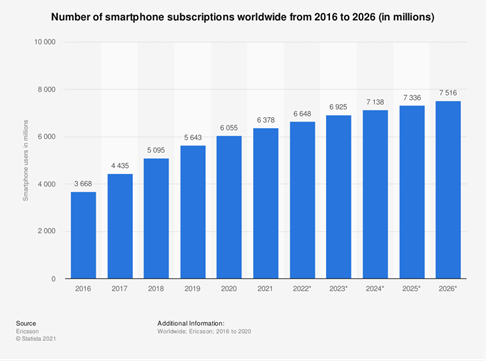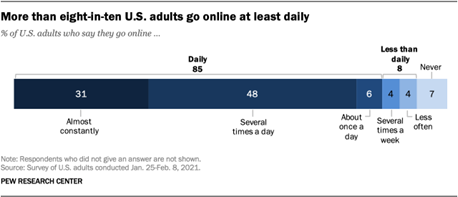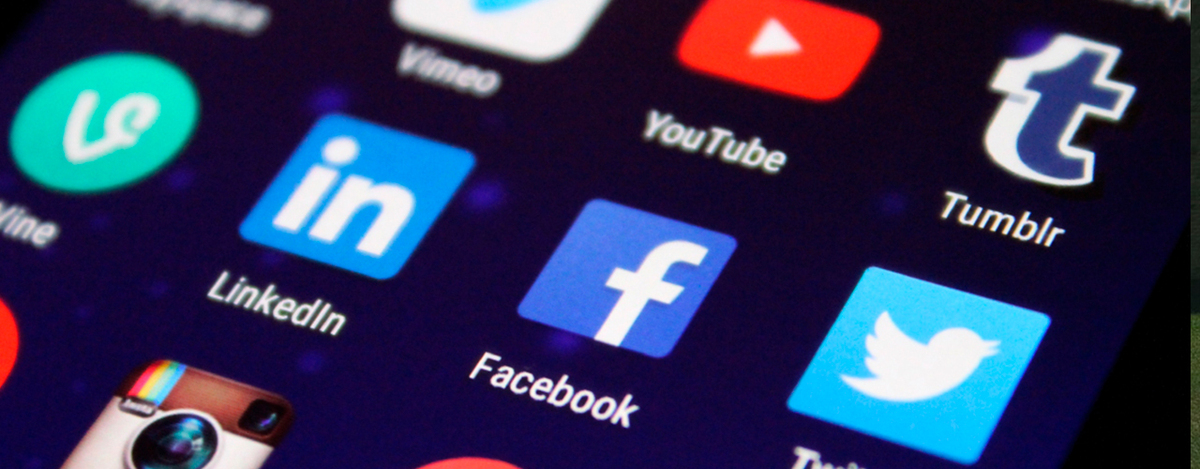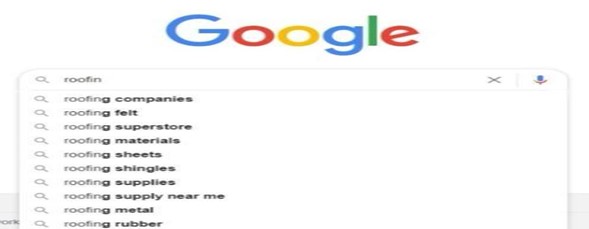Why should roofers use inbound marketing?
The roofing industry is one of those industries that can get unlimited benefits from an inbound marketing strategy.
This is because we are in a time that when someone has a roofing leak or is suffering from roof damage, they will search for roofing contractors online.
Most of them will end up calling one of the options they have found in the search engine recommendation.
In addition, when professionally done, inbound marketing can build trust with your potential clients.
In this article, Roofers Going Digital will explain why roofers should use inbound marketing for their roofing company.
Keep reading!
To discover more about inbound marketing for roofing companies, click here.
1. It produces qualified roofing leads
Potential clients who discover your roofing business via inbound marketing will explore your website and social media channels.
It gives them a better understanding of who you are and which roofing services you offer.
In addition, they are more likely to share all of your info with other decision-makers before they can make a purchase decision.
2. It lets prospects reach out to you on their own terms
You should understand that not every person interested in your roofing company will become your customer.
Some of them will only want to get general information about your roofing products or services.
Even so, inbound marketing is less intrusive than traditional efforts and allows your prospects to reach out to you on their own terms.
3. It improves the customer experience through the sales funnel
Nowadays, people research multiple options before making any purchasing decisions; this is especially true when it comes to looking for roofing companies.
Therefore, your prospects will compare your services with other roofing contractors available in their area.
With that being said, the customer experience can be a deciding factor for your potential clients.
RGD’s inbound marketing methodology will customize your sales funnels based on what your prospects need, allowing them to enjoy and move forward at each step of the sales funnel.
4. It boosts your social media efforts
How often have you heard that social media is essential for your roofing business?
However, many roofing contractors have no idea how to use it effectively.
Inbound marketing connects with people on social media due to the relevant and shareable content.
5. It shares valuable content and info
When you share valuable content, like roofing industry trends, roofing contractor tips, commercial roofing benefits, etc., it will live on your website for as long as you want it to.
As a result, your website and social networks will start gaining traction in the search engine results, attracting more potential clients over time.
6. It builds brand awareness
With inbound marketing, your roofing company can show all the angles of your products or services, allowing your prospects to only focus on the areas that are important to them.
Focus on creating a consistent image and using the same style and tone in each piece of content.
This will not only reinforce your roofing company brand, but it will also make it easier for your prospects to connect with your company’s core values.
Roofers Going Digital’s marketing strategy!
In brief, you can be sure that the potential clients that contact you will have a genuine interest in your roofing services.
In other words, our inbound marketing is an effective way for roofing companies to generate qualified roofing leads and increase revenue.
Want to learn more about inbound marketing for roofers? Schedule a consulting call today!
